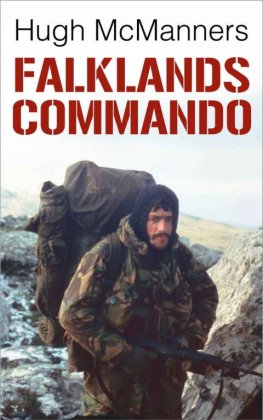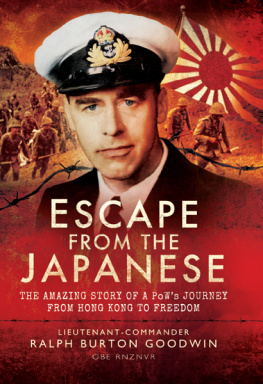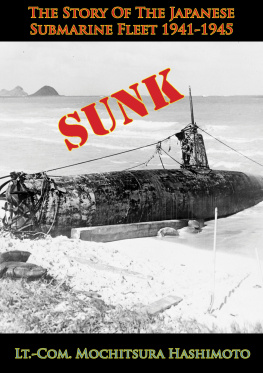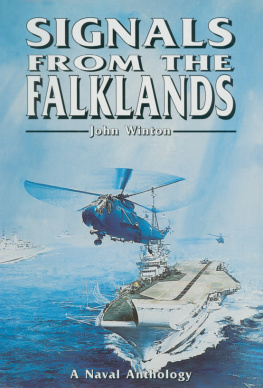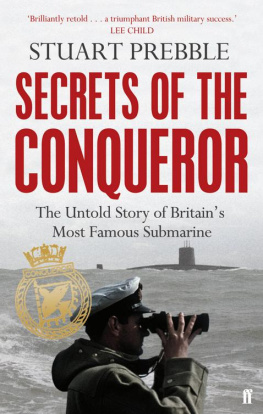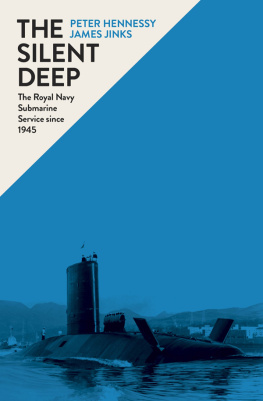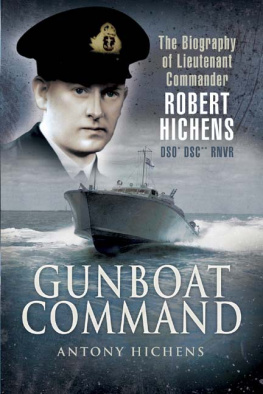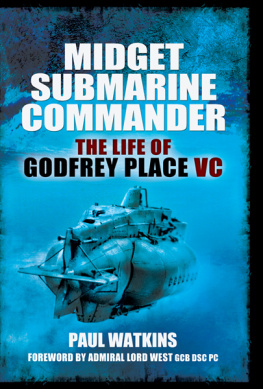
This edition is published by PICKLE PARTNERS PUBLISHINGwww.picklepartnerspublishing.com
To join our mailing list for new titles or for issues with our books picklepublishing@gmail.com
Or on Facebook
Text originally published in 1994 under the same title.
Pickle Partners Publishing 2014, all rights reserved. No part of this publication may be reproduced, stored in a retrieval system or transmitted by any means, electrical, mechanical or otherwise without the written permission of the copyright holder.
Publishers Note
Although in most cases we have retained the Authors original spelling and grammar to authentically reproduce the work of the Author and the original intent of such material, some additional notes and clarifications have been added for the modern readers benefit.
We have also made every effort to include all maps and illustrations of the original edition the limitations of formatting do not allow of including larger maps, we will upload as many of these maps as possible.
SUBMARINE OPERATIONS DURING THE FALKLANDS WAR
by
Steven R. Harper
Lieutenant Commander, United States Navy
TABLE OF CONTENTS
Contents
TABLE OF CONTENTS
REQUEST FROM THE PUBLISHER
Abstract
This paper contains an analysis of submarine operations during the Falklands War. This was done to provide some insight on the importance of submarines in this conflict and to show the usefulness of submarines in any maritime conflict The submarine operations by both belligerents are looked at and compared over the duration of the conflict This is an unclassified study that was researched using published books, magazine articles, unpublished papers, unclassified government documents and interviews with officers involved in the conflict Reports done at a classified level were not used in the preparation of this paper. The submarine operations and methods of employment examined show the strength of submarines when properly used and the weakness when training is lacking or the submarine is used in the wrong manner. Also highlighted is the difficulty of antisubmarine efforts in a high ambient noise, shallow water environment Submarines can be a force multiplier to any navy when used properly and can frustrate an opponent by their presence or even their perceived presence. However, to get the full use of submarines they must be integrated fully into the military forces. With just a few boats in a navy, the submarines are wasted if they are operated independently. They must be fed intelligence or be intelligence platforms themselves to fully realize their potential. This point was not adhered to fully and thus submarines did not make the impact expected during the Falklands War.
SUBMARINE OPERATIONS DURING THE FALKLANDS WAR
CHAPTER I INTRODUCTION
Many books have been written on the Falklands War. Most have been written covering all aspects of the wan the naval war, the ground war and the air war. While submarines have been discussed in the history text of these documents, none have concisely covered the submarine operations in the war. By synthesis this paper will try to expand on the submarines' role in the Falklands War and bring out some salient points. These points will lead the reader to understand the usefulness of submarines in any maritime conflict; even if a country only has one submarine to offer. Submarines act as a force multiplier by enhancing a country's navy in much the same manner that special forces enhance a conventional army. The British used this force multiplier to take control of the seas during the war. Viewed from the other side, Argentina's small number of submarines forced the British to employ a substantial antisubmarine effort 12 ships, 6 submarines and over 25 helicopters. Finally some recommendations will be made covering the employment of submarines on both sides that may have changed the outcome of the war.
CHAPTER II BACKGROUND
Initial Incident In March of 1982 a group of Argentine scrap metal workers landed on the island of South Georgia to dismantle obsolete whaling facilities. The venture was approved by both the British Embassy and the Argentina Foreign Ministry. The party set sail on board the Argentine ship Buen Suceso and landed at Stromness Bay. The port of entry should have been Grytviken. A team from the British Antarctic Survey explained this to the captain of the Buen Suceso . This team had witnessed the landing and the spontaneous ceremony of the workers raising an Argentine national flag. Due to the difficulty of landing the ship and since part of the cargo had been unloaded, the Buen Suceso's captain elected to stay until he could contact his Buenos Aires office for guidance. Complications with the communication did not allow contact and the captain continued with his original orders. He informed the survey party that he would remain at Stromness Bay. {1}
News of this incident was transmitted to London, but the tone of the report implied that the Argentines had invaded South Georgia with civilian and military personnel. This was picked up by the press and fueled public outcry that something had to be done to stop this outrage. The British Foreign Office sent a message to the Argentine Foreign Ministry that directed all personnel landed by the Buen Suceso to leave South Georgia. These reactions and overreaction continued on both the British and Argentine side. The Argentine military junta, knowing that the British were sending a task force, felt that now was the proper time to act They approved the conduct of "Operation Azul": the plan to invade and take control of the Falkland Islands.
Nature of the War.
The first, the supreme, the most far-reaching act of judgment that the statesman and commander have to make is to establish... the kind of war on which they are embarking, neither mistaking it for, nor trying to tum it into something that is alien to its nature. This is the first of all strategic questions and the most comprehensive. {2}
The kind of war that the Argentines were starting was not the same kind that the British would fight The Argentines were embarking on a very limited conflict It was to have little, or preferably no, bloodshed, last only a brief time and be resolved by diplomatic means. When asked about writing a plan for sustaining the troops along with the occupying plan, Argentine Admiral Jorge Isaac Anaya, commander in chief of the Argentina Navy, replied emphatically "plan for occupying only." {3} They were to only occupy for a short time; the invasion was to send a diplomatic signal, not a military one. The occupation was designed to force Britain back into negotiations, which they had left in February 1982, for shifting sovereignty over the Malvinas Islands (Falklands) to Argentina. {4} Since the invasion had been bloodless, the force on the island was a "token" force (500 men), and there were no plans to reinforce or sustain this force for a long period, the Argentines felt that this was just a gentle push to get the British back to the negotiating table.
The reaction of the British was not as the Argentines expected. The British viewed the invasion as a direct slap in the face. The British Ambassador to the United Nations called a meeting of the Security Council to discuss a resolution to condemn Argentina's actions. United Nations Resolution 502 was the result It called for the immediate cessation of hostilities between the United Kingdom and Argentina, immediate withdrawal of Argentine forces from the Falkland Islands, and for the two governments to seek a diplomatic solution. {5} Britain also deployed a naval task force to the area in case the resolution alone did not solve the problem. The Argentine forces continued to occupy the Falklands and went on to invade and occupy South Georgia; this action taking place the same day Resolution 502 was being signed. Since the resolution alone was not solving the conflict the British took Further unilateral measures.




